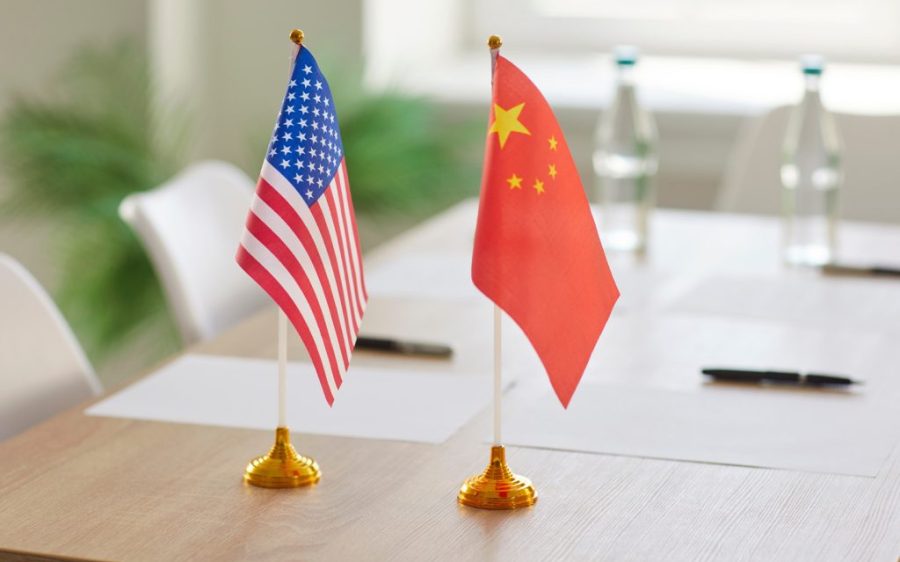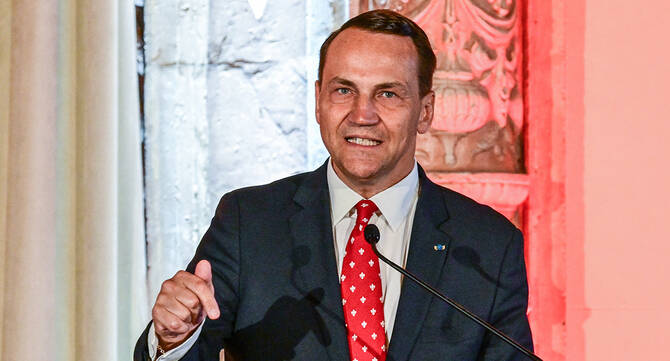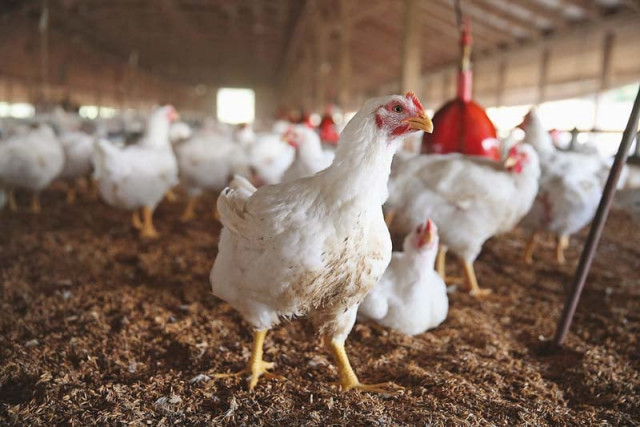On Monday, Donald Trump linked autism to the use of childhood vaccines and the painkiller Tylenol taken during pregnancy. Speaking at a White House news conference, Trump gave medical advice that experts say has no basis in science, yet could influence millions of parents and pregnant women. A message against medical consensus: Trump admitted he …
Trump Sparks Controversy Linking Tylenol and Vaccines to Autism

On Monday, Donald Trump linked autism to the use of childhood vaccines and the painkiller Tylenol taken during pregnancy. Speaking at a White House news conference, Trump gave medical advice that experts say has no basis in science, yet could influence millions of parents and pregnant women.
A message against medical consensus:
Trump admitted he is not a doctor, but still urged parents to delay or separate routine childhood vaccinations. His advice contradicts decades of research. Medical groups, including the American Academy of Pediatrics and the American College of Obstetricians and Gynecologists, stress that acetaminophen (Tylenol’s active ingredient) is safe when used properly.
Coalition of Autism Scientists said, “The data cited do not support the claim that Tylenol causes autism and leucovorin is a cure, and only stoke fear and falsely suggest hope when there is no simple answer.”
Pharmaceutical company Kenvue, which makes Tylenol, also rejected Trump’s claim. It said in a statement, “We believe independent, sound science clearly shows that taking acetaminophen does not cause autism. We strongly disagree with any suggestion otherwise and are deeply concerned with the health risk this poses for expecting mothers and parents.”
Leucovorin as a “Treatment”:
Alongside Trump stood Health Secretary Robert F. Kennedy Jr., a well-known vaccine critic. The administration announced support for leucovorin, a form of folic acid, as a possible treatment for autism symptoms.
But experts warn evidence is weak. Dr Audrey, an autism researcher, said, “There’s no good evidence that it works. There are some studies, but they’re small and they’re not the best studies. And so it’s certainly not something I’m actively recommending.”
Financial and Political fallout:
The market reaction was immediate. Kenvue shares fell more than 7% during trading but recovered later in the day, closing 5% higher in after-hours trading. Still, the stock remains down 14% since earlier reports linked Kennedy to claims about Tylenol and autism.
Trump also repeated his criticism of certain vaccines. He argued that children should not get the hepatitis B vaccine at birth and that the measles-mumps-rubella (MMR) vaccine should be split into three separate shots. He said, “I am a big believer in vaccines and called for removing mercury and altering schedules.”
Science pushes back:
Experts insist that vaccines are safe and life-saving. According to UNICEF USA, vaccines have saved an estimated 154 million lives in the last 50 years by preventing deadly diseases like polio and measles.
Dr Norman Baylor, former director of the FDA’s vaccine division, said, “I cannot say that I’ve ever experienced anything like this in vaccines.”
Studies also reject the Tylenol-autism link. A 2024 Swedish study of 2.5 million children found no causal connection. A 2025 review of 46 studies noted possible associations but concluded it did not prove Tylenol caused autism.
As Dr Diana Schendel of Drexel University explained, “It is clear that the Tylenol-autism link is not a new question. It has been looked at many times and in many different studies. Without showing any evidence to back them up, the announcements become reckless and potentially harmful.”
A divisive shift in policy:
Despite criticism, the Trump administration asked drug companies to prepare more leucovorin and announced Medicaid coverage for autism patients. The FDA also signalled it would update Tylenol’s label to warn of “potential risk” during pregnancy, even while admitting a causal link has not been established.
For many, the announcement recalled Trump’s early pandemic briefings, when he promoted bleach as a possible cure for Covid-19. Then, as now, health experts warned that misinformation from the White House could have dangerous consequences.
According to the Reuters poll, with public trust already fragile, only one in four Americans believes Trump’s health recommendations are backed by science. The clash between politics and science is once again shaping US health policy and leaving millions of parents and expecting mothers caught in the middle.











